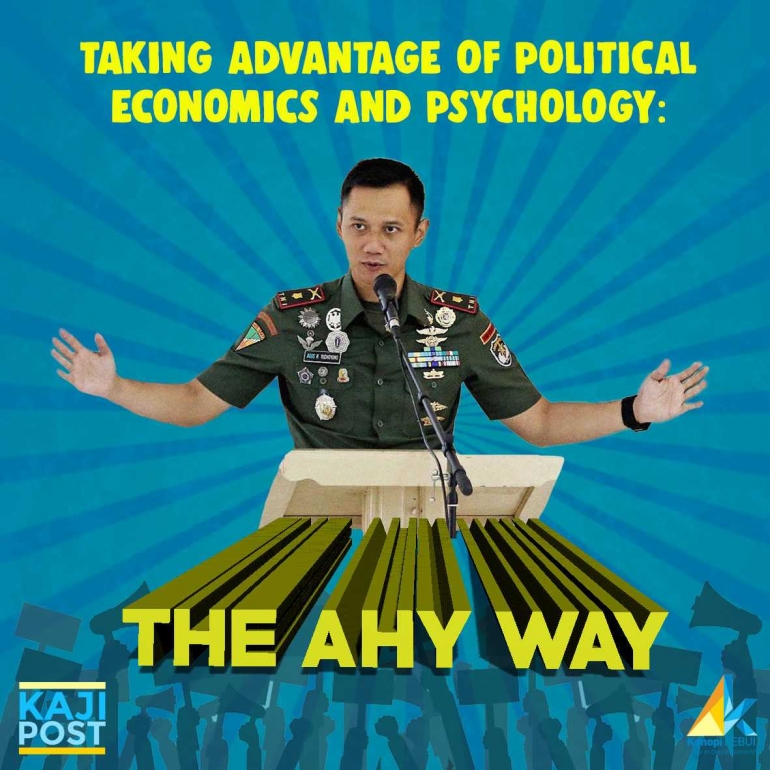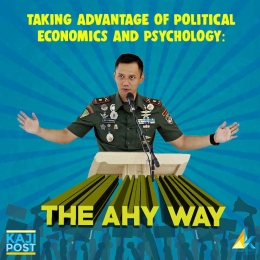In public sector economics, it is crucial to fathom how people ground their analytical framework when making decisions in many aspects, including in elections. Inasmuch as there are some junctures whereat economics needs to derive theories from other disciplines so as to help us understand multifaceted circumstances regarding particular issues, it is sagacious for economics to seek help from the discipline of psychology when it comes to the context of elections.
However, how do economics and psychology intertwine in politics, particularly in explaining the rise of a rookie in the election race? How will this combination affect the common good of the general public?
In order to start the study, we better cite a concept posited by economist Bryan Caplan named rational irrationality. He propounded that in typical large democracies, each individual voter has a very low probability of determining the outcome of an election and which policies to implement, thus making the cost of holding a belief (regardless of whether it is erroneous) is low.[1]
Therefore, people tend to choose the option(s) whereby they feel benefited and represented, be it by its values, views, alignment with existing beliefs or portrayal they would like to display publicly, or admiration they have on person/group, regardless of whether it is what is apt for the common good.
In the presence of systemic bias , when the number of biased belief holders is substantial, the total cost to be borne by democracy is significant and may go against the common good of the general public.
There is also the public choice theory, which assumes (to some extent) that politicians act at the expense of the public and yield political outcomes that contradict public preferences. It is worth noting that some parties have voiced their disagreement towards this assumption; however, this theory seems to be valid in developing countries.[2]
This behavior shown by politicians is, as per rent-seeking theory, motivated by the wants to increase one's wealth without producing more wealth to the society, leading to reduced economic efficiency. In the election context, it is analogous to gaining votes by using any means without substantial effort to fulfill their pledges after assuming the post.
Theories in Praxis: The Agus Harimurti Yudhoyono Way
If there is a politician who best explains the theories, that might be Agus Harimurti Yudhoyono. Agus, also known as AHY, is a former military major as well as the son of Indonesia's sixth president Susilo Bambang Yudhoyono. In 2016, he decided to retire from the military and run for Jakarta gubernatorial office, much to the public's surprise.
Despite not having assumed any public office previously, he still managed to reap 17% of the popular vote, surpassing (both in nominal vote and percentage) the results secured by more established politicians, such as Alex Noerdin and Hidayat Nur Wahid, in the 2012 Jakarta gubernatorial election.[3]
Post-election, he also topped the surveys made to see public preference on VP candidates and was favored to be the running mate for opposition leader Prabowo Subianto. Even though the designated VP turned out to not be him, his exceptional surge to the Indonesia's political grandeur may as well raise an interesting question, "How did he do it?"








